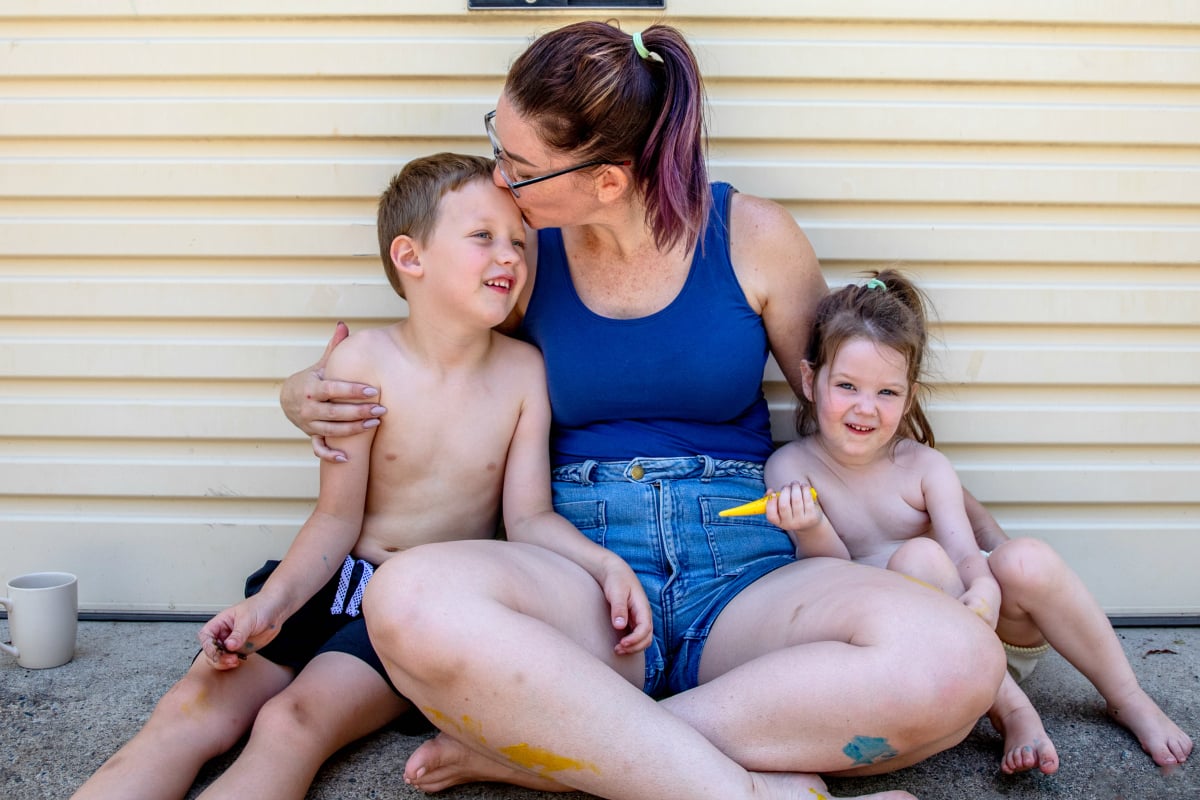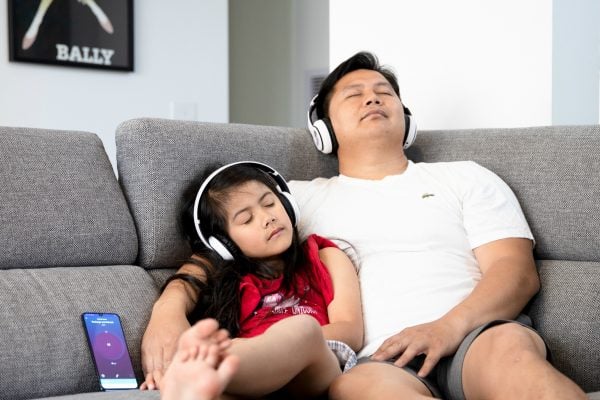

It’s strange times we’ve been living in, especially as parents.
Three months ago, one of our biggest problems at home was navigating the minefield of screen time for our kids.
Now, amid the constant life changes around COVID-19, and dealing with anxiety in young minds from the news, parenthood is harder than ever.
But as we slowly return to some sense of normal, it’s worth remembering that children will still be coping with the fallout from living through a pandemic.
Luckily, the wellbeing of parents and kids is at the forefront of lots of people’s minds right now. For example, Medibank, who are the Official Health Partner of not-for-profit mindfulness organisation Smiling Mind, is working to help make mindfulness accessible to all Australians by supporting Smiling Mind’s free app.
Medibank and Smiling Mind recently launched a Family Program to introduce mindfulness to parents and children of all ages. It includes meditations such as ‘Tough Day at School’, ‘Getting Ready for Bed’ and ‘Family Digital Detox’.
“There has been a huge uptake in the usage of our app since the outbreak of COVID-19, which shows just how important mindfulness is particularly during a time of such unprecedented uncertainty,” says psychologist and mindful meditation teacher Catherine Morey-Nase from Smiling Mind.
We asked Catherine to share more about the program, as well as how families can find better coping mechanisms during this uncertain time.


